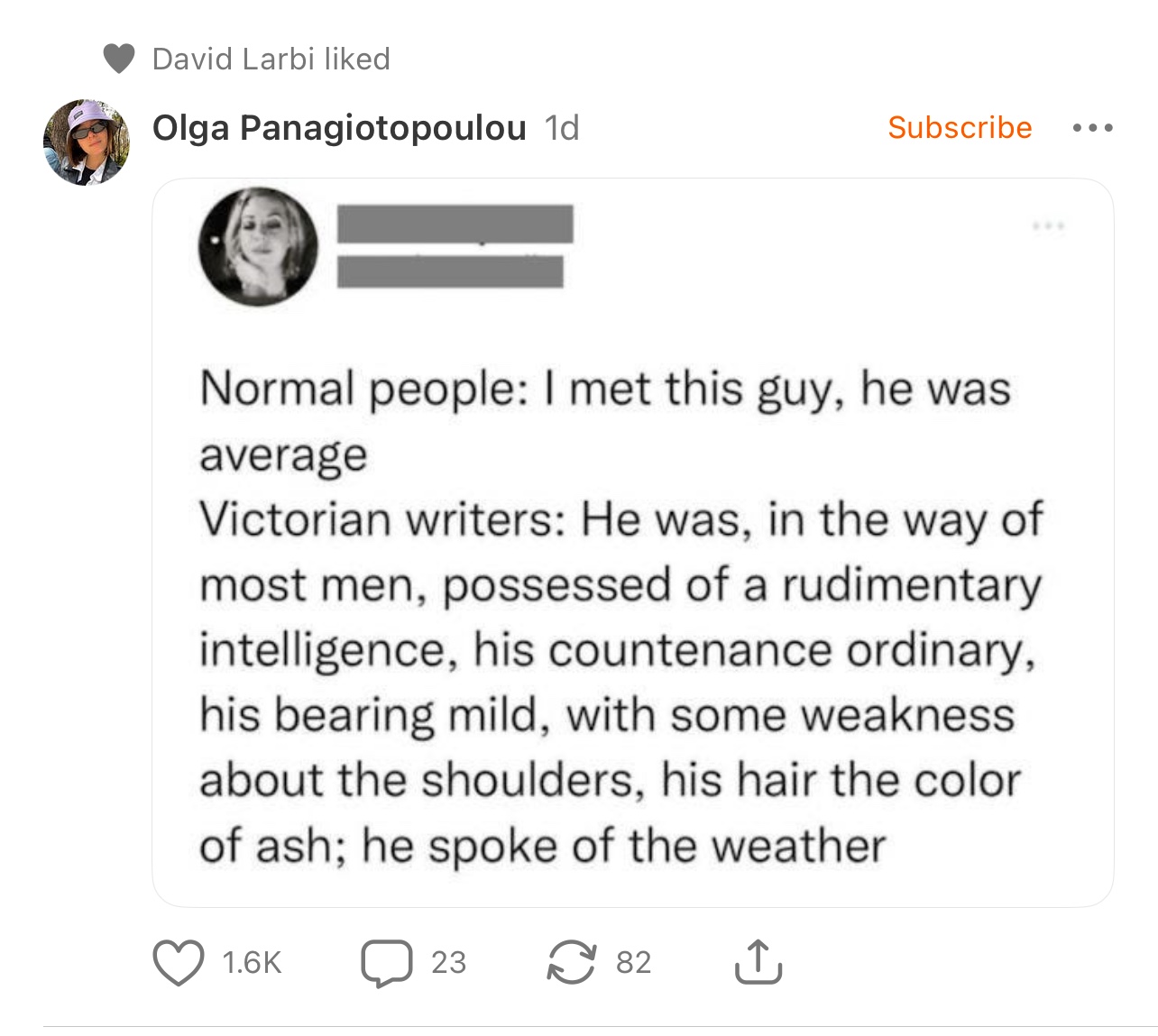Sublime
An inspiration engine for ideas



Gulliver's Travels (Wisehouse Classics Edition - with original color illustrations by Arthur Rackham)
amazon.com
'Beg your pardon, sir,' said Mr. Weller, senior, taking off his hat, 'I hope you've no fault to find with Sammy, Sir?' 'None whatever,' said Mr. Pickwick. 'Wery glad to hear it, sir,' replied the old man; 'I took a good deal o' pains with his eddication, sir; let him run in the streets when he was wery young, and shift for hisself. It's the only wa
... See moreCHARLES DICKENS • THE PICKWICK PAPERS (illustrated, complete, and unabridged)
“Says I to myself” should be the motto of my journal.
Henry David Thoreau, Damion Searls, • The Journal of Henry David Thoreau, 1837-1861
![Cover of The G. K. Chesterton Collection [50 Books]](https://m.media-amazon.com/images/I/41G-1mB192L.jpg)

